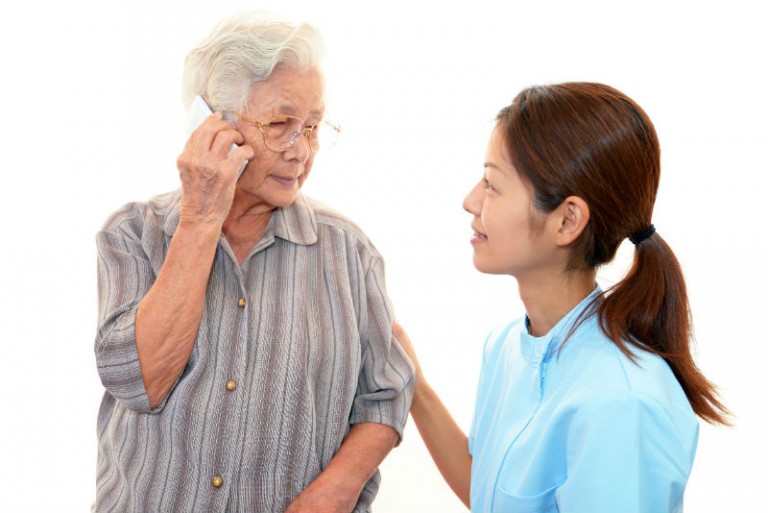There are certain practices, habits and environmental factors that can help you get a good night’s sleep. There will always be times when a person has difficulty, perhaps even a bout of a sleep disorder called insomnia. Most of the factors are unde your own control.
- The 24 hours cycle
- Aging
- Psychological stressors
- Common social drugs such as caffeine and nicotine
Circadian rhythm or the 24-hour cycle:
Everyone has a day-night cycle which is called the circadian rhythm. This rhythm influences when we sleep and how much sleep we get as well as the sleep quality. The better the rhythm is, the better the sleep is. This cycle can be upset by a number of factors, including naps and constant exposure to light either from long-haul flights or staring at a laptop screen in bed.
Aging:
The aging process plays a big role in sleep. Once one hits 40 years of age, the patterns of sleep change, there are more nocturnal awakenings than when young. These awakenings affect the quality of the sleep directly as well as interacting with other conditions that are arousing, such as withdrawal from alcohol, which is consumed close to bedtime. The more awakenings, the greater the sleep disorder, the result being a feeling of lethargy and tiredness.
Psychological stressors:
These are events like deadlines that need to be met, exams, and conflicts in one’s marriage or a job crisis. These things prevent one from falling asleep or cause awakenings during the sleep process. If a person works right up until the time they retire for the night, they have not allowed for any “turn off” time from the day’s events. It is not possible to flip a switch and fall asleep.
To get a good night’s rest, a person has to have a pre-sleep ritual which breaks the connection from the stress of the day and bedtime. There is no defined time limit for the ritual; it can be 10 minutes or an hour. Many people will think about the day’s stressors, make a plan to deal with them and then sleep refreshed from fear. Others may read a light novel or a magazine article or take a hot bath.
Social and recreational drugs:
Coffee, cigarettes and alcohol may impact your sleep more than you think. Caffeine can stay in a person’s system for many hours, and its presence increases the number of times you will wake up at night. This loss in sleep will affect the daytime performance and lead to anxiety. Nicotine has a similar effect, the difference being that at low dosage it acts as sedative, high does acts as a rouser.
Alcohol initially sedates the individual, making it easier to sleep, but as the effect wears off, it then becomes a cause for arousal. These arousals are often accompanied by heavy perspiration and headaches.
A sleep disorder can be very difficult to live with. Poor performance on the job and irrational mood swings can easily result from too little sleep. University Behavioral Hospital, El Paso is equipped to deal with sleep problems.


